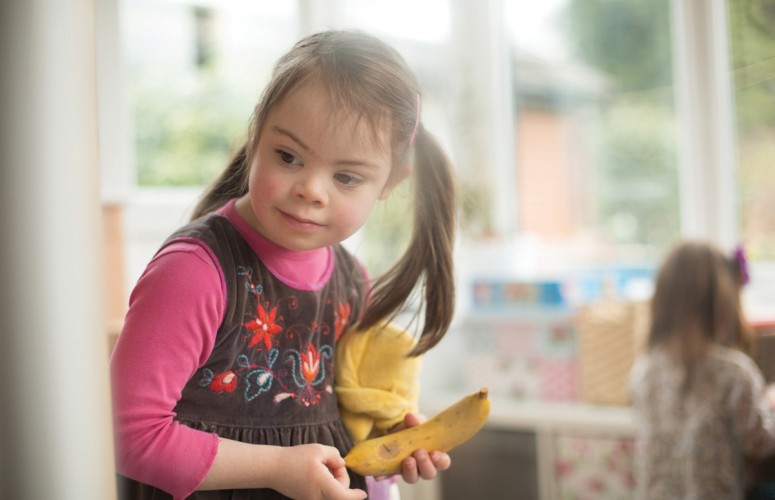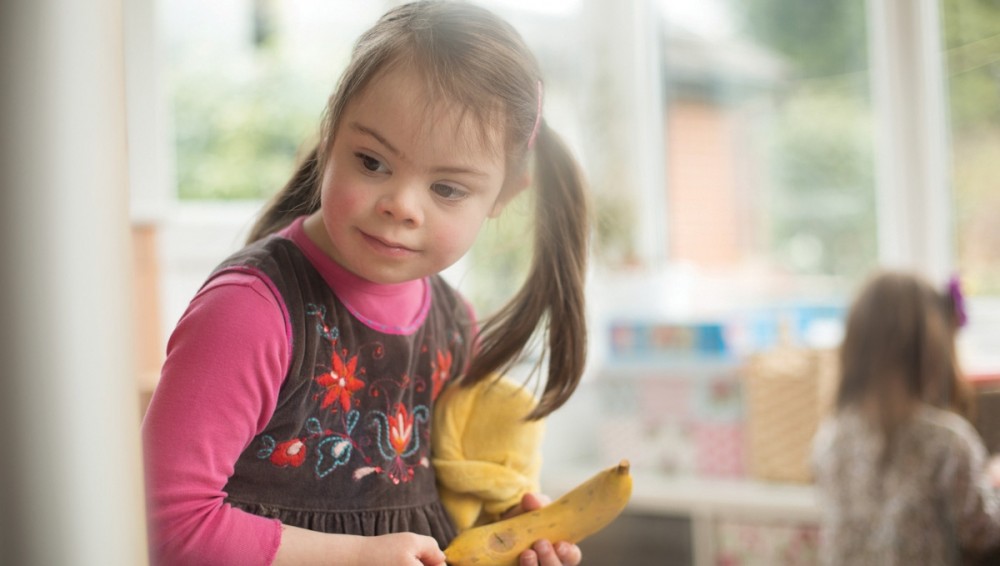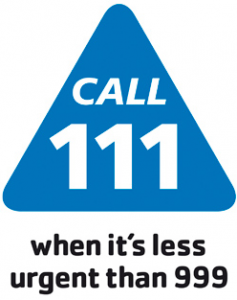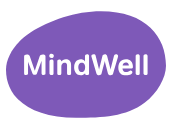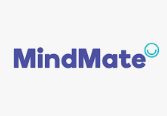What do Physiotherapists and Occupational Therapists do?
Physiotherapists look at how your child learns the “big movements” (gross motor skills) – sitting, crawling, walking etc.
Occupational Therapists look at the activities your child does to participate in everyday life, e.g. dressing, playing, eating, having a bath and using the toilet. They also work closely alongside the physiotherapists to look at how your child develops the fine motor movements of their hands (fine motor skills).
Children with Down syndrome often have low muscle tone (floppy muscles) and are extra flexible (hypermobile). This can affect how they learn to move between positions and develop their movement skills. Children with Down syndrome generally take longer to reach developmental milestones and may need different levels of support as they grow up.
When should my child see Physiotherapy and / or OT?
0 years to starting school
You may have attended Developmental Baby Massage and already met a Physiotherapist or OT. As your baby grows and develops, if you can see that your child is making progress with their movement skills and is starting to join in with daily activities which fit with the stage of their development, then you don’t have to see a Physiotherapist or OT again during this period. If other professionals working with your child have identified concerns, you may wish to opt in to discuss this.
Please access the online resources at any time, however, if you have specific concerns which have not been resolved by this information, you can opt in to one of our clinics. If other professionals working with your child have identified concerns, you may wish to opt in to discuss these.
Opt-in sessions with the OT / Physio are available across the city, where therapists can assess your child’s needs and provide advice on how to develop:
- gross motor skills (big movements e.g. sitting, walking etc.)
- fine motor skills (hand movements) e.g. using a spoon, mark making and handling toys etc
- daily living activities / equipment e.g. seating to enable your child to sit well while learning to feed themselves
Before attending, think about what you would like your child to achieve. We will work with you to agree a goal(s) to aim for, look at what activities may help, and what changes you could make to your child’s daily play, home and nursery routines that will help your child achieve their goal(s).
We would advise you book an appointment if:
- Your child is unable to sit independently, or unable to sit without support for more than a couple of minutes at 12 months old.
- Your child is 18 months old and can’t stay standing for 5 minutes when helped to stand against a support.
- You have not been able to find the right equipment or technique to help your child achieve an everyday activity, for example, to enable/ allow your child to sit safely in a high chair to eat or play.
- Your child is not making progress with specific gross or fine motor skills or everyday activities and you would like further support to develop these e.g. stairs, using cutlery.
The clinics alternate in the three hubs; St George’s Centre (South), Leeds Mencap at The Vinery (East) and Wortley Beck
(West), but you can attend any clinic if you have something you would like to discuss. The details are on our website, or
are available through Leeds Mencap, Sunshine and Smiles or via the Paediatrician.
What if I’m worried my child isn’t progressing?
Children whose movement skills are more delayed than is typical, or who are not making progress may be referred directly to physio by their paediatrician. Alternatively, if parents attend an opt-in clinic and the therapist and parents agree that further physiotherapy sessions are necessary, this will be organised within the child’s local hub.
Any child with Down syndrome who is developing movement skills within a typical range for Down syndrome is seen on this pathway, whether they have self-referred or been seen initially via the Child Development Team. You can opt in as often as you feel you need if you have not been able to resolve your concerns by accessing our online information.
5 years old to leaving school
Once children are in full time school, referrals to physiotherapy and occupational therapy can be made as detailed below, depending on specific goals being identified on the referral. Examples may be around functional ability (child / family wants to, but is unable to complete certain activities), or participation (wants to but is unable to join in something they want to do with their friends or family) at home or at school.
OT
Parents, schools or other health professionals can refer directly to OT for school-aged children.
Physio
If your child has been seen by physio in the past, parents can contact physio directly (see below). If your child has not previously been seen by physio, your GP or paediatrician can make a referral.
All referrals to ICAN services should be made on the ICAN referral form (link to ICAN page of LCH website) highlighting the difficulties the child is experiencing and the impact upon their day to day participation. Parental consent for the referral is required.
How do I contact Physiotherapy and OT?
0113 843 3620
Text for hard of hearing 07984 547 923
Children under 5 years old
Parents directly contact our central admin team on 0113 843 3620.
They can advise you when the next available appointments are in the opt-in clinic.
Children over 5 years old
Please contact the admin team to discuss how to refer your child.
Further information about our services can be found on the Physiotherapy (ICAN) webpage.
The ICAN general referral form can be found on the the ICAN referrals webpage.
